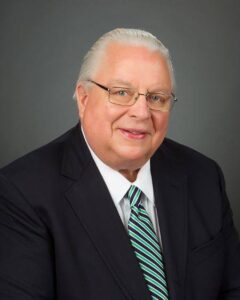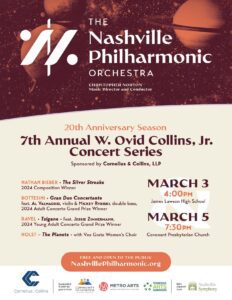On June 26, 2014, the U.S. Supreme Court issued a unanimous ruling in NLRB v. Noel Canning, affirming the decision of the U.S. Court of Appeals for the District of Columbia Circuit that held that President Barack Obama’s recess appointments to the National Labor Relations Board (NLRB) were unconstitutional. If the Court had followed the reasoning of the D.C. Circuit, the case could have been a sea change in the interpretation of the Recess Appointments Clause, but the Court’s majority holding established a 10-day rule for congressional recesses that leaves the president’s ability to make recess appointments largely intact. However, the ruling did uphold the D.C. Circuit’s decision in this case because the NLRB did not have a properly appointed quorum, and the NLRB is now faced with the problem of what to do with the cases it decided during the relevant period.
By way of background, the National Labor Relations Board (“NLRB”) is composed of five members, and cannot take actions or issue decisions without a three-member quorum. On December 17, 2011, the U.S. Senate unanimously resolved to take a series of brief recesses, holding only brief pro forma sessions every Tuesday and Friday until it returned for business on July 23, 2012. On January 3, 2012, the term of NLRB member Craig Becker had expired, leaving the Board with only two confirmed members. President Obama had previously nominated three additional members to the Board, one of which had been awaiting confirmation for more than a year, but the Senate had not voted on the members’ confirmations before it began the series of recesses. In order to avoid a functional shut-down of the NLRB, President Obama invoked the Recess Appointments Clause and appointed all three members to the Board on January 4, 2012. This was the composition of the panel until early August 2013, when four new members of the Board were confirmed by the Senate.
The Supreme Court’s decision in Noel Canning avoids some dilemmas but leaves others. There are actually two other cases currently pending before the Court that present very similar questions as the Noel Canning case did, arising from cases decided while Craig Becker was a member of the Board. Becker himself was a recess appointee, but the recess in question was two weeks long, which meets the newly-established 10-day threshold. Thus, much to the NLRB’s relief, those two other cases will probably avoid the fate of the decision in the Noel Canning case.
This still leaves the Board with the dilemma of what to do with the apparently invalid decisions issued during the 19-month period between January 3, 2012, and early August 2013. According to previous Supreme Court precedent, decisions by the NLRB are void if not made with a properly appointed quorum. See New Process Steel, L.P. v. NLRB, 560 U.S. 674, 687-88 (2010). That time period included a number of high-profile decisions that dealt with controversial issues such as employee social media use (Costco Wholesale Corp., 358 NLRB No. 106 (2012); Karl Knauz Motors, Inc., 358 NLRB No. 164 (2012)), employer confidentiality rules (Banner Health System, 358 NLRB No. 93 (2012)), off-duty employee access to employer property (Sodexo America LLC, 358 NLRB No. 79 (2012); Marriot Int’l, Inc., 359 NLRB No. 8 (2012)), dues check-offs (WKYC-TV, Gannet Co., 359 NLRB No. 30 (2012)), and employee discipline (Alan Ritchey, Inc., 359 NLRB No. 40 (2012)). Some of these cases (most notably WKYC-TV, Inc.) reversed decades of precedent, and their invalidation leaves the outcome of those cases and their progeny in limbo.
However, given the current make-up of the NLRB, it seems unlikely that the Board will issue significantly different rulings in these cases. The NRLB can exercise its authority under the Administrative Procedures Act to take “official notice” of the record compiled in its not invalidated adjudications to facilitate and expedite the rehearing process. Unless the parties in the above cases have discovered new information or developed some new arguments, the outcomes are likely to remain the same. Consequently, the practical application of the Supreme Court’s decision in NLRB v. Noel Canning will be more of a logistical backlog than an actual shift in the presidential use of recess appointments or NLRB precedent.




